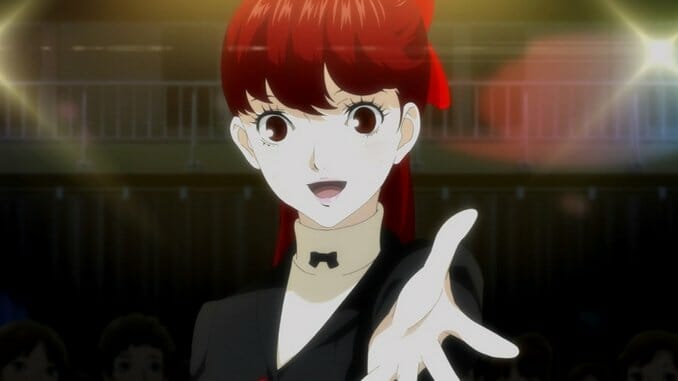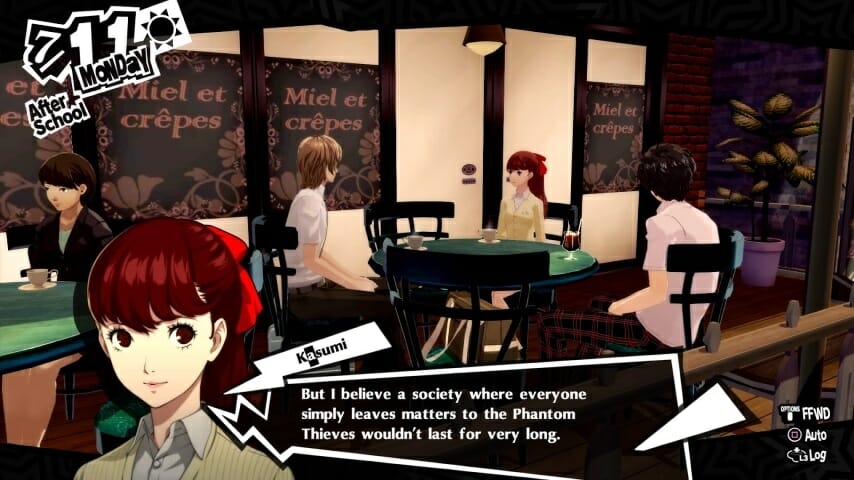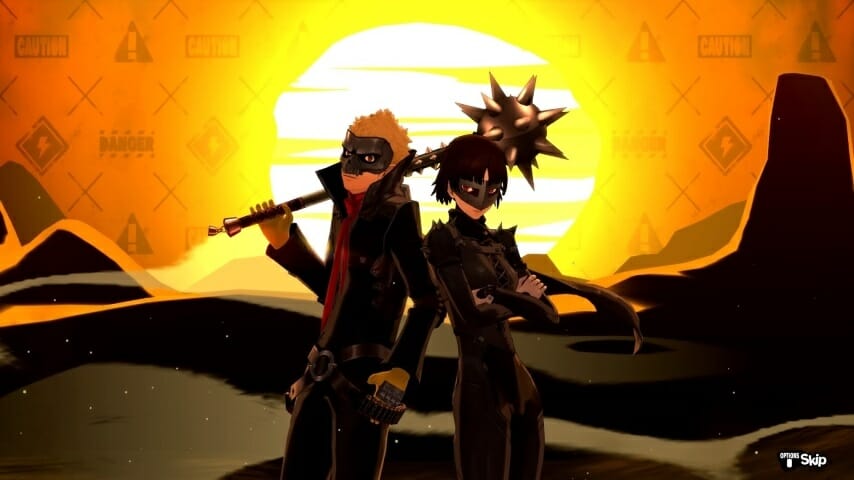Persona 5 Royal Has Its Heart in the Right Place

Persona 5’s release was about as timely as it comes. Sandwiched between Trump’s inauguration and the burgeoning #MeToo movement, the latest in Atlus’s beloved series of RPGs is about fighting the type of criminal who never gets caught, whether it be sexual abusers who lurk in our school systems or corrupt CEOs-cum-politicians. It highlights the downtrodden outcasts punished by these sorts of people; Ann Takamaki is constantly slutshamed for the attention given to her by adult men, while Ryuji Sakamoto is considered a delinquent for speaking up against her abuser.
The original Persona 5 was a near perfect game only held back by its own fear of committing to its core values. It’s been a constant issue with the Persona series, in particular for its portrayal of its female and queer casts, bizarrely a problem that’s only become worse with time. Persona 2: Innoncent Sin happily had a gay romance option, never lampooned and treated sensitively (in fact, its sequel Persona 2: Eternal Punishment seems to go with the gay romance as canon).
It was enough to give Persona 5 an identity problem. The game presents obedience and rebellion as a spectrum, a paradigm that must occasionally be challenged. Persona 5 Royal, an updated version of the original with various additions and changes, doubles down on this idea—early in the game, a teacher references Ambrose Bierce’s The Devil’s Dictionary, claiming villains are necessary for the progression of society. These villains, our Phantom Thieves, are the only group to question society’s tenets as well as the only ones capable of tearing them down. They also consistently point out that these slaves of their own desires aren’t outliers, instead representing a deeper societal issue in need of upheaval.

With Royal an effort was made to appeal to everyone, which, as we know, isn’t always possible. In Japan, homophobic scenes that received heavy criticism were left as-is—that left the localization team with a hefty job, given their inability to remove content. Senior localization manager Yu Namba told Michael Higham about the “awkwardness” his team felt working on the material in question. The tweaks aren’t perfect, and Higham recognizes this. “It’s not a significant change, but I think there’s enough of a change that people who weren’t comfortable going through that part in Persona 5 would feel better this time around.” As a gay fan of the series, the scenes remain groan worthy, but knowing some of these complaints were taken into account at least makes me feel seen in a way I never have been by most JRPG developers. It’s a step towards a brighter future.
Royal improves on numerous quality of life issues the original game had. On days where Morgana traps you at home, there are productive activities you can do around Leblanc to raise your social stats. Ammo now refills after every battle, making guns more of a viable option. The essential baton pass skill (which, by the way, can now be improved to recover SP and HP through playing team darts of all things) isn’t locked behind each playable character’s Confidant scenes, many of which require high social skills to initiate. The dungeons in particular have been greatly expanded, and, with the addition of the grappling hook and collectible will seeds in each dungeon, the Palaces feel more and more like pulse-pounding capers, adding a much needed layer of immersion to the level design. It all serves the core power fantasy well.
 Keep scrolling for more great stories.
Keep scrolling for more great stories.

